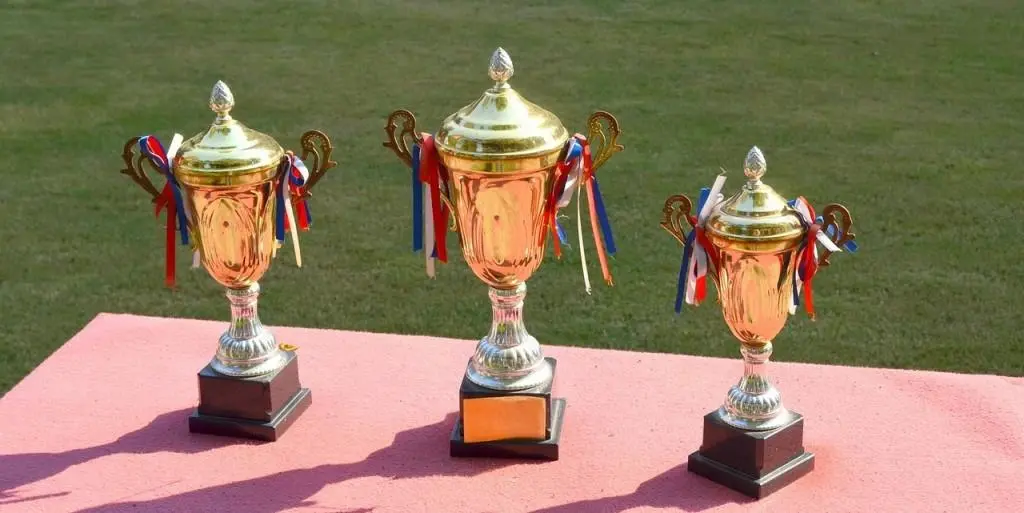By Jennifer Kennedy
Jennifer danced competitively for nine years growing up. Her dance career finished on a high note as a four-year letter winner on her college dance team.
Many gifted children are perfectionists who put a lot of pressure on themselves to perform at the highest level. Many are also prone to anxiety when put in high-pressure situations. Because of this, we often advise parents to help their gifted children find non-competitive extracurricular activities that will alleviate some of this pressure and allow the children to find their passions at their own pace and level. Sometimes, however, gifted children with the tendencies just described can find themselves passionate about something that is competitive by nature. You don’t want to discourage them from pursuing their passions, but you may see that perfectionism, anxiety, or introversion is getting in the way of their success – and happiness – in this competitive activity. So, how do you help your child in this situation?
I was an introverted, anxious, gifted child who loved to dance. Throughout my childhood, my parents had enrolled me in many extracurricular activities so that I could try new things and find something I was passionate about outside of school. At age 9, I took my first dance class and never looked back.
Dance class was good for me. It kept me active when the rest of the time I just wanted to read. It gave me a creative outlet to express myself. As someone who didn’t struggle (read: “wasn’t challenged”) much academically until high school, dance was something I liked but that I wasn’t automatically good at, so it also taught me a lot about pushing myself and setting goals and working towards them.
But dancing meant performing. What’s more, I enjoyed competitive dance. Competitions gave me constructive feedback, and they allowed me to work on something throughout the year and see progress from one competition to another. Plus, most studios in my area competed because doing so provided more opportunities to perform. I liked competitive dance, but the act of competing gave me tremendous anxiety. By definition, I was being judged. The stress competition created in me caused my body to react in seriously unhealthy ways. I couldn’t get myself to eat during competition; I didn’t get hungry and nothing tasted edible. I didn’t sleep the night before competition. My stomach would act up. The pressure affected my dancing – moves that I had mastered in the studio resulted in major bobbles onstage.
Susan Cain describes a similar situation in her book Quiet. She was a competitive figure skater as a child, and the nerves that made some skaters the best in the world caused her to flounder.
Here are some tips from Cain:
- Help your child understand himself; identify the primary source of the anxiety – fear of public failure, for example – and encourage him to accept it once it has been named.
- Help your child understand that being nervous will not automatically equate to failure.
- Encourage your child to “enter low-stakes competitions far away from home, where she will feel anonymous and no one will know if she” fails (261).
- Help your child learn how to fail gracefully.
- Make sure that your child has practiced thoroughly.
- Try to arrange for your child to practice in the same environment in which he will compete if the location is unfamiliar.
- Talk through the consequences of failure in this situation, helping her see that life will go on if she makes a mistake or loses.
- Help your child visualize a successful performance or game.
Additionally, some helpful strategies my parents employed with me were:
- Remind your child that no one is perfect. Demonstrate this by pointing out your own imperfections over time.
- Teach your child that he does not have to be “the best” at anything. My parents did this by telling me that there will always be someone better than I at a given task. Unless your child is the undisputed champion of the world in the field of choice, this will hold true for him, as well. They then encouraged me to aspire and work towards being the best without expecting it to be the case.
- Make sure that your child has the opportunity to be as prepared as she can possibly be, and then remind her that that is the case. Plenty of practice at the 100% effort that your child puts into everything she does means that she did everything possible to prepare. That is the best she can do in that moment.
- Help your child remain focused on why he participates in this competitive activity. Bring him back to the love and passion for the activity that brought about the desire for participating in competitions in the first place.
Some of this is much easier said than done. However, over time, these lessons will hopefully become engrained in your child’s consciousness, until one day, she steps out on stage with just the right level of nerves to execute the best dance performance of her life and is completely at peace when that is not enough to win because she is really there to just do what she loves.
Like this post? Sign up for our email newsletter to receive more stories, information, and resources about gifted youth straight to your inbox.

